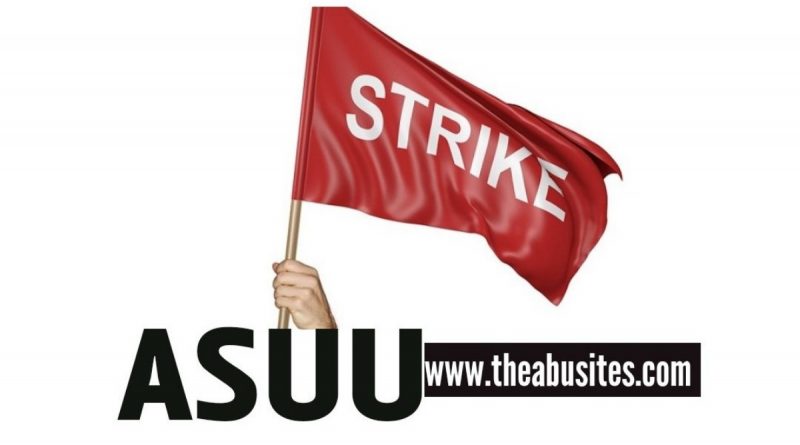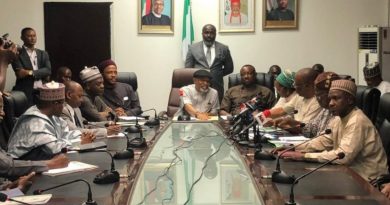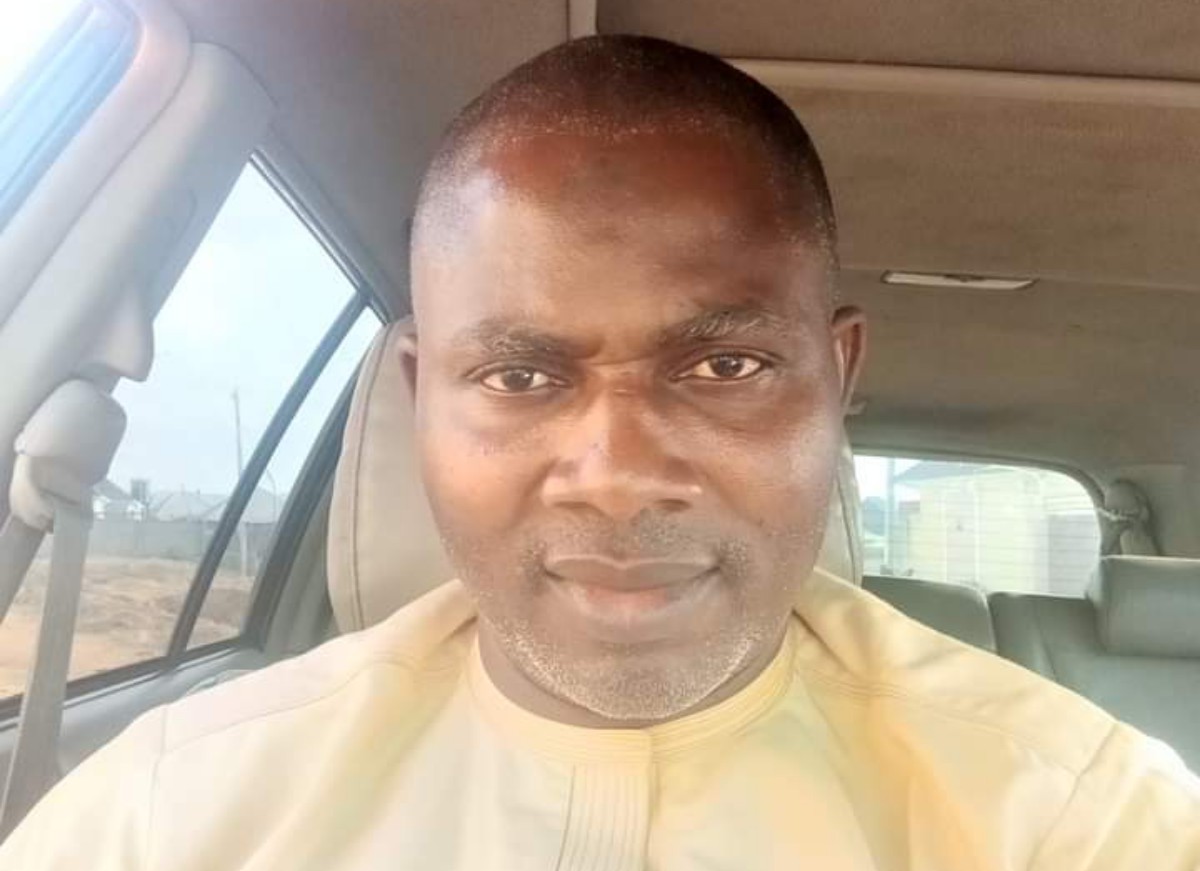ASUU and limits of political correctness
By Jasper Uche
Downing tools by Nigeria’s Academic Staff Union of Universities (ASUU) has remained a recurring decimal. Since the return to civil rule in 1999, ASUU had embarked on about 14 national strikes that consistently disjointed the academic calendar. For me, something must be fundamentally wrong-headed.
Three questions readily come handy: Why the resort to strikes by ASUU? How has government responded to the vexed issues? Between ASUU and successive governments, who is playing the ostrich? There is therefore, a compelling need to extrapolate the undercurrents and situate them accordingly, instead of relying on tissues of propaganda and stunt of window-dressing, aimed at hoodwinking the public.
Underlying the incessant strikes, from findings, is government’s penchant for dishonouring agreements. The failure of government to implement the 2009 agreement and the 2013 Memorandum of Understanding (MoU) led to a change of terminology to Memorandum of Action (MoA) withh timelines of implementation.
So, beyond the present brouhaha about the Integrated Payroll and Personnel Information System (IPPIS), ASUU leadership insists that there are outstanding issues from the memorandum of action it signed with the federal government, and which government has overly pigeon-holed. The face-off revolves around revitalization of public universities through enhanced funding, payment of accumulated earned academic allowances (EAA) of previous years, respect to the autonomy of universities, as enshrined in the enabling laws, among others.
In 2012, government set up an inter-ministerial committee that produced the Report on Needs Assessment of Nigeria Public Universities. The report exposed a monumental skill and competency gaps in the nation’s ivory towers. According to the report, “a combination of infrastructural and manpower challenges is responsible for the sharp decline in scholarship in Nigerian universities”.
The report indicated that “lack of modern infrastructure, scarcity of teaching materials and inadequate research equipment” constitute the “push factors for the exodus of Nigeria academics to other countries in search of greener pastures”. Some of the basic facilities like furniture, office accommodation, lecture theatres, access to the internet, modern library and laboratory equipment are either in short supply, evidently lacking, or overstretched beyond capacity.
The acute manpower shortage results in unmanageable lecturer-student ratio, most times up to the ratio of 1:150 and above. This is in sharp contrast with other universities in other parts of the world. A few examples will suffice. The staff-student ratio in Harvard University is 1:4, Massachusetts Institute of Technology is 1:9 and University of Cambridge has 1:3.
ALSO READ: University Lecturers Are Ready To Resume – ASUU President
There is also the problem of bottom-heavy staffing which undermines quality education. To stem a further deterioration in the education sector, the federal government committed itself and signed an agreement with ASUU to inject a whopping sum of N1.3 trillion to be released in tranches in six years of 2013, 2014, 2015, 2016, 2017 and 2018, for a revitalization of Nigeria public universities.
Unfortunately, government has not released up to 10 percent of the total sum in the intervening years. Besides, over 80% of the verified EAA accumulated over the years, is still outstanding. As a sector in the concurrent-legislative list, the federal government has not lived up to expectations in its regulatory role, and jawboning of state governments to fund state-owned universities, instead of the proliferation of universities, without verifiable funding mechanisms.
Most of these state-owned universities owe arrears of salaries to their staff. The new buildings that sprang up in most state universities are usually the interventions from TETFUND, just as most of the universities largely rely on revenue generated through tuition fees to run the schools.
It is not surprising that they reduce UTME cut off point to abysmal level of 120 in order to attract all manner of students, and to remain financially afloat. With this kind of faulty standard, how would there not be decay in the education sector? These are the issues that drive ASUU’s resort to industrial actions after engagements with government fail to yield tangible results.
For ASUU, it is more convenient to negotiate its welfare and look the other way, but as the last man standing and a critical stakeholder in the Nigeria project, it will be a great disservice to the nation if it allows a section of the political class to destroy the future of Nigeria’s brimming young talents, by toeing the path of political correctness.
On the issue of enrollment in IPPIS, there has been an orchestrated campaign of calumny against ASUU because of its refusal to enlist in the controversial payment platform. Hitherto, the payment scheme of university academics known as the Consolidated University Academic Salary Structure (CONUASS) captured all remuneration peculiarities, which IPPIS does not have.
From get-go, ASUU made it clear that it is supportive of any effort by government to checkmate the ghost-worker syndrome and curb sleaze in pubic till, but however, rejected IPPIS. As an imported initiative, IPPIS does not capture: allowance for staff on sabbatical, the movement of staff to other schools on consultancy, part-time and adjunct services, as well as the retirement age of 70 for professors and 65 for lecturers who could not reach the professorial rank.
In essence, IPPIS does not reflect the flexibility in hiring core competence staff in evolving areas of knowledge, or where the university lacks manpower to handle narrower specialties. More worrisome is that IPPIS would create a situation where affected staff and bursary units of universities would be compelled to junket to and fro Abuja for a mere biometric capturing, updating, or to sort out inconsistencies.
Trust the Nigerian factor, a new cartel would spring up at IPPIS Office to blackmail vice chancellors who intend to recruit staff in needy areas. With time, it will morph into a juicy platform to settle the ‘boys’ and politicians would even lobby to have one of their own posted to IPPIS as ‘constituency empowerment’. All these will erode the autonomy of the universities.
Alternatively, ASUU proposed and volunteered to develop a homegrown platform –University Transparency Account System (UTAS) to capture the flexibility in recruitments and remunerations, at no cost for the government. Instead of embracing the new innovation to encourage local content, government representatives deployed all forms of dictatorial shenanigans to weaken the resolve of ASUU.
And for the fact that it took over seven months for government to return to the negotiating table with ASUU, succinctly depicts government’s scant regard for the integrity of education. Government is now pressured to accept UTAS after losing massive goodwill through non-payment of salaries to academics for several months.
Indeed, the Nigeria education sector is a shadow of itself. Tearfully, no Nigerian university is among the best 1,000 in the world, according to the global ranking released by Webometrics in July. The 11 best universities in Nigeria, which are among the best 100 in Africa, are between 1, 258th and 3,030th in the world.
The Times Higher Education world universities ranking for 2021 is more liberal as it gave the three best universities in Nigeria 401, 801 and 1001 positions. With this kind of poor showing, no Nigerian university can attract expatriate scholars.
The percentage of international students in the leading public universities is between 0% and 1%. Nigeria’s political leaders should come out of the cocoon of political correctness and prioritize funding of education. If government can borrow to build roads, rail and other infrastructure, then education deserves more. It needs total overhauling with a declaration of state of emergency.
Dr Uche teaches Political Science at the University of Nigeria, Nsukka
For Advert Placement, Sponsorship, support, Article submission, suggestion, etc, Contact us: info@theabusites.com, +2349015751816 (WhatsApp)








